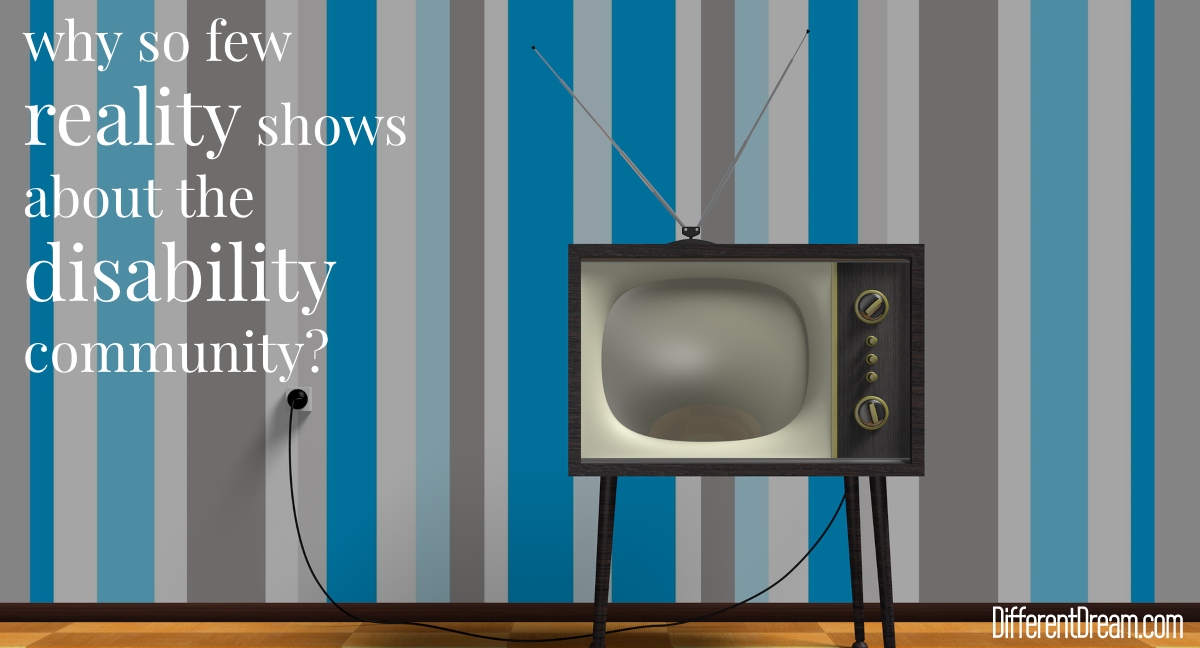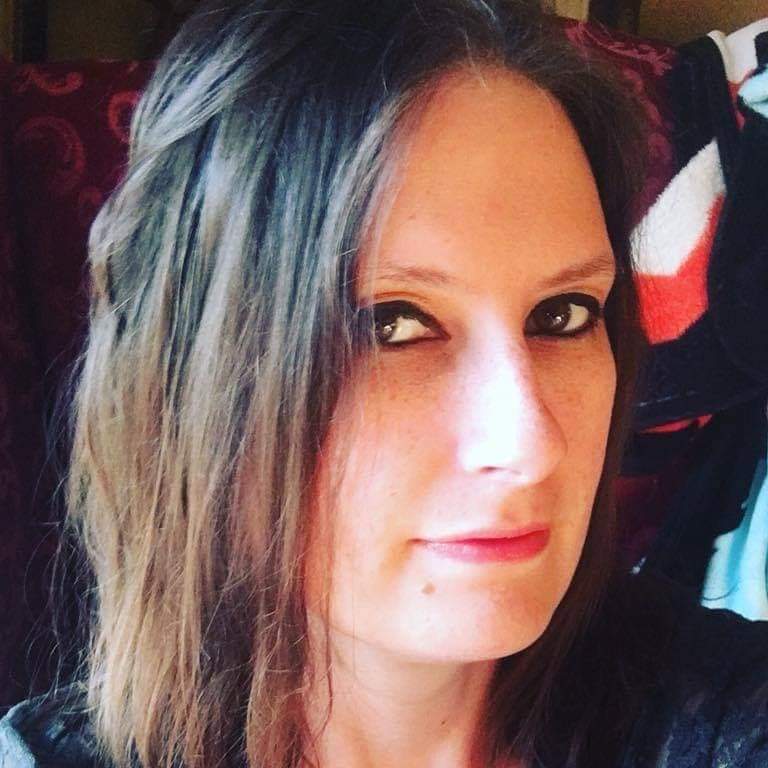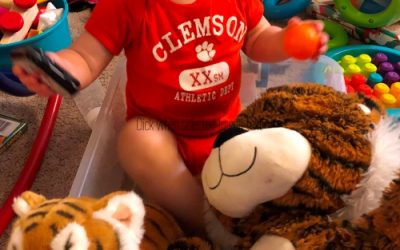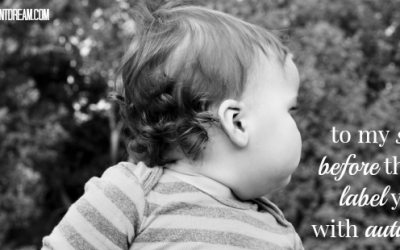Expectation Versus Reality TV

Expectation versus reality TV came into focus for guest blogger Trish Shaeffer during the pandemic. She found the gap between the portrayal of individuals with disabilities on television and what life is like for them to be wide and unrealistic. What she saw resulted in several questions she’s sharing today.
While stuck at home more for the last year due to Covid-19, I caught up on a lot of TV. As I scrolled through countless options for scripted and reality shows, questions began to form in my mind.
Why aren’t there reality shows about parents with special needs kids?
Why aren’t there reality shows about people living with disabilities?
In today’s world people are fighting for change and protesting for the rights of many individuals. But it seems that the disabled population had been forgotten and put into the background of rights, understanding, and love.
Are they not people too?When did disability rights become a touchy subject?
Why does it seem the world has forgotten about them?
Why is there a stigma about how we title people with disabilities?
I did a poll online to get a better understanding of how and why people have different opinions on how to address the issue. I got feedback. For sure. It turned into a heated debate. My question at the end of the poll was this simple. Why don’t we give people with disabilities their own individuality?
Why don’t we begin by addressing adults with disabilities by their name?
Once we know their names, why don’t we ask the person how to address them?
Why don’t we ask a child or the child’s parents their names, address the child by name, and ask the parent or child how they prefer to be addressed?
It is that simple.
I keep going back to my original question about the lack of reality shows about someone living with a disability or about parents raising a child with a disability. If there was such a show, maybe the stigma about those with disabilities would stop.
Maybe the world would understand how to address a person with disabilities.
Maybe those shows would increase compassion and love toward the disabled community.
Maybe people wouldn’t feel awkward when they encounter a person in a wheelchair because they will know how to start a conversation.
Maybe parents of typical kids will understand the daily struggles of special needs parents instead of judging and staring.
The possibilities are endless.
Being a special needs parent is full of ups and downs. It is hard but full of reward as well. Being a person disabilities is also full of ups and downs. Success and struggles. It’s a world no one will truly understand unless they live it. But, a show about it will open doors, possibilities, compassion, and give people and insight. My son would benefit from seeing someone like him overcome or deal with a disability. Some one he could relate to.
So I ask you as the reader, would you like expectation versus reality TV to come into focus for you?
Would you like to see a reality show about being a special needs parent?
What about a show about someone living with a disability?
Let’s end the stigma about the disability community.
Let’s spread love, acceptance, and understanding.
Let’s talk about disability rights.
Let’s end the expectation versus reality TV disconnect.
Let’s use reality television to do it.
Come on TLC or Discovery!
Let’s make a show happen!
Do you like what you see at DifferentDream.com? You can receive more great content by subscribing to the monthly Different Dream newsletter and signing up for the daily RSS feed delivered to your email inbox. You can sign up for the first in the pop up box and the second at the bottom of this page.

By Trish Shaeffer
Trish Shaeffer is the mom of 3 active boys with special needs. She’s a peer supporter for Parent to Parent and volunteers with the United Cerebral Palsy Network, Special Olympics, and the United Way. She’s also an equine volunteer at Leg Up Farm. She’s married to her best friend and biggest supporter, Chris Schaeffer.
Subscribe for Updates from Jolene
Related Posts
Our Expected but Blessed EA/TEF Journey: A Year Later
Kristen Horton is back with an update about her EA/TEF boy Christopher and the expected but blessed progress he’s made in the past year.
When You Don’t Have Anything Good to Say
Surprisingly Moses is a good model of what you, as a special education advocate, should do when you don’t have anything good to say.
To My Son Before They Label You with Autism
Before they label you with autism, my son, here is what I want you to know about who you really are. Beautiful words from Amy Felix we all need to hear.






0 Comments